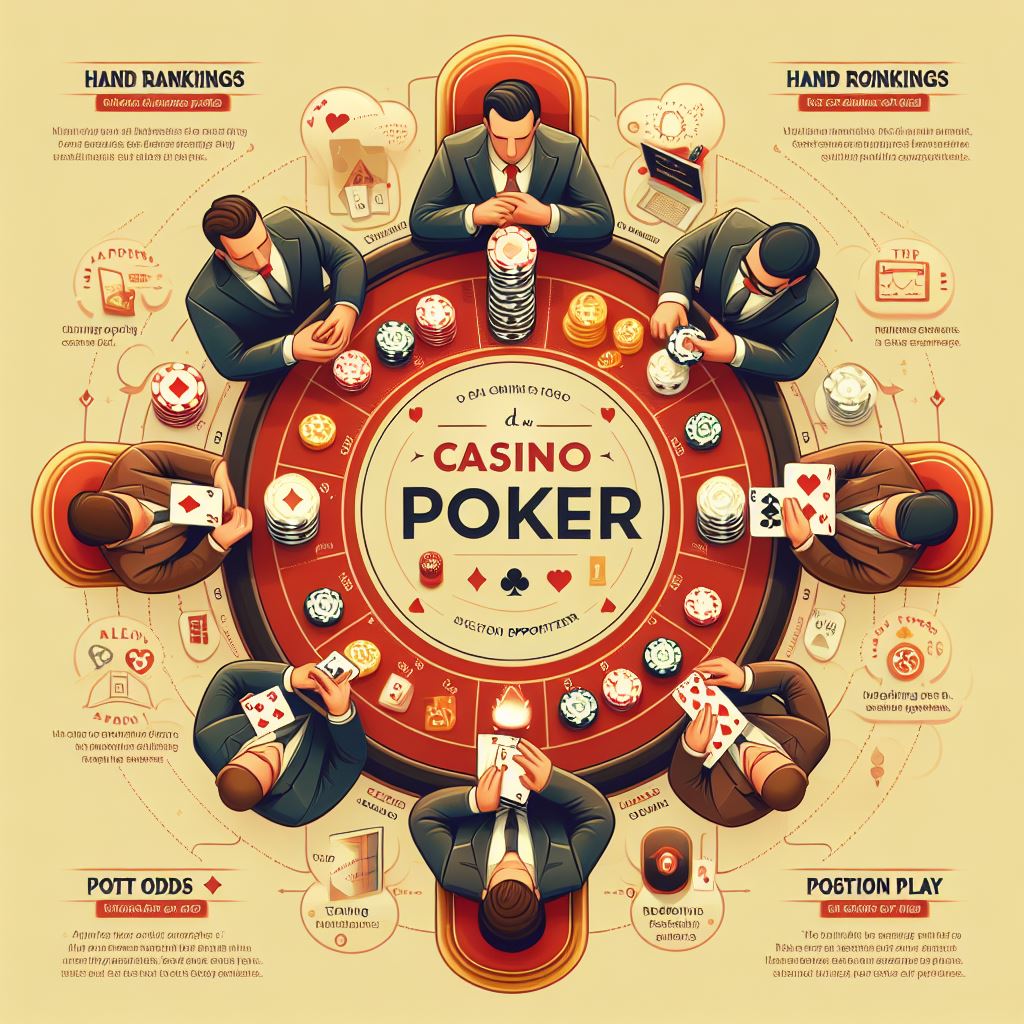Poker tournaments offer an adrenaline rush and a test of skill and endurance, Navigating Poker Tournaments attracting both amateur and professional players. Unlike regular cash games, tournaments require a unique set of strategies due to their structure where players compete until one winner remains. This guide will delve into the essential strategies for succeeding in these competitive environments, emphasizing the importance of understanding tournament dynamics, adapting strategies over time, and mastering the psychological aspects of gameplay.
Understanding Tournament Structure
Success in poker tournaments begins with a thorough understanding of their structure. Tournaments typically start with players holding equal chip counts, but as the event progresses, Navigating Poker Tournaments the pressure increases with rising blinds and antes. Early on, when the blinds are low relative to the stack sizes, the playing field is level, allowing for a more conservative style of play. This is a time for observing opponents and planning future moves rather than risking too much on uncertain hands.
As the tournament moves into the middle stages, blinds increase, making it essential to accumulate chips to maintain a competitive stack. This phase requires a shift toward a more aggressive style of play. It’s crucial to take advantage of weaker players, winning chips through well-timed bets and strategic aggression.
The late stages of a tournament are where things get intense. With fewer players left and higher stakes, the game shifts again. Players need to navigate a fine line between aggression and conservation, Navigating Poker Tournaments using strong hand selection and effective bluffing to maximize their chances of success.
Adapting to the Tournament Pace
Each stage of the tournament has its pace and requires adjustments in strategy. In the early stages, the key is to be conservative and play only strong hands, as the risk of playing speculative hands does not outweigh the potential reward. However, as blinds increase, the need to accumulate chips necessitates a looser play style and more aggression.
Managing Your Stack
Effective stack management is critical in poker tournaments. A large stack allows a player the flexibility to bully opponents and play a range of hands, while a short stack calls for a more cautious approach, focusing on survival and waiting for strong, opportune hands to make a move.
Psychological Warfare
Poker isn’t just a card game; it’s also a battle of wits. Understanding and manipulating the psychological dynamics at the table can provide a significant edge. Players need to read their opponents effectively while controlling their own tells. Bluffing, a crucial part of poker, grows in importance as the tournament progresses, especially in no-limit games where substantial bets can put significant pressure on opponents.
Learning from Each Game
Every tournament is a learning opportunity. Reflecting on each game, understanding what went right and what could have been done better is key to improving. Many seasoned players review their performance to refine their strategies and decision-making processes.
Handling Pressure
The ability to manage pressure is essential, especially in the high-stakes environment of a tournament’s final stages. Techniques for maintaining calm, such as deep breathing, taking breaks, and keeping a balanced perspective, are vital for making rational decisions and staying focused under stress.
Conclusion
Mastering poker tournaments is about much more than knowing the rules; it involves strategic depth, psychological insight, and continuous adaptation. By understanding the unique structure of tournaments, managing your chips wisely, leveraging psychological tactics, and learning from each experience, you can significantly enhance your chances of success. Remember, every hand played and every tournament entered is a step towards improving and refining your game.
Baca Juga: Poker Night: Creating the Perfect Casino Experience at Home



